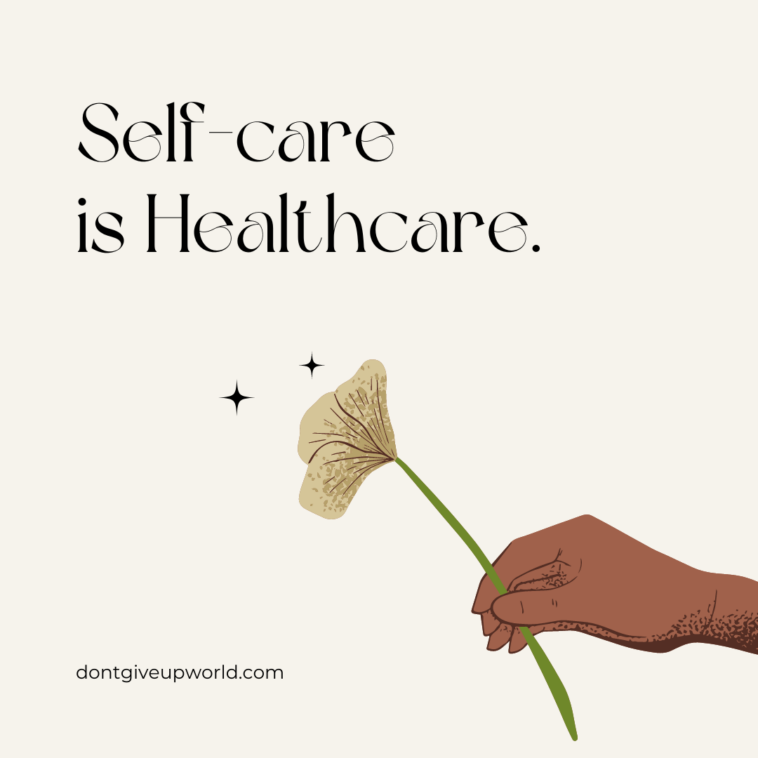Introduction
“Self-care is healthcare” – a simple yet profound statement that emphasizes the critical connection between personal well-being and health. In today’s fast-paced world, neglecting self-care can lead to burnout, stress, and long-term health issues. Prioritizing self-care is not a luxury; it’s a necessity for a balanced and healthy life. Let’s explore how self-care directly impacts your physical, mental, and emotional health.
The Link Between Self-Care and Physical Health
Physical health is the foundation of overall well-being. Incorporating daily self-care routines, such as exercise, proper nutrition, and restful sleep, improves your physical health. When you take time to care for your body, you are investing in your long-term health. Simple practices like staying hydrated and eating balanced meals can significantly impact energy levels, mood, and immune system function.
Mental and Emotional Benefits of Self-Care
Self-care doesn’t stop at physical health. It also has a direct influence on mental and emotional well-being. Stress management techniques like meditation, mindfulness, and deep breathing exercises help reduce anxiety and improve focus. Emotional self-care, such as setting boundaries and engaging in activities you enjoy, fosters resilience and self-compassion. Over time, these habits create a strong mental framework that supports a healthier, happier life.
Why Self-Care is Non-Negotiable
Incorporating self-care into your daily routine ensures long-term well-being. It’s essential to recognize that taking care of yourself is not a selfish act. It’s a form of preventative healthcare. Regular self-care practices lead to improved productivity, enhanced relationships, and a stronger immune system.
Conclusion
Remember, self-care is healthcare. By prioritizing your well-being, you’re not only caring for yourself but also laying the foundation for a healthier, happier future.
More Info Click Here
More Such Article Click Here




GIPHY App Key not set. Please check settings